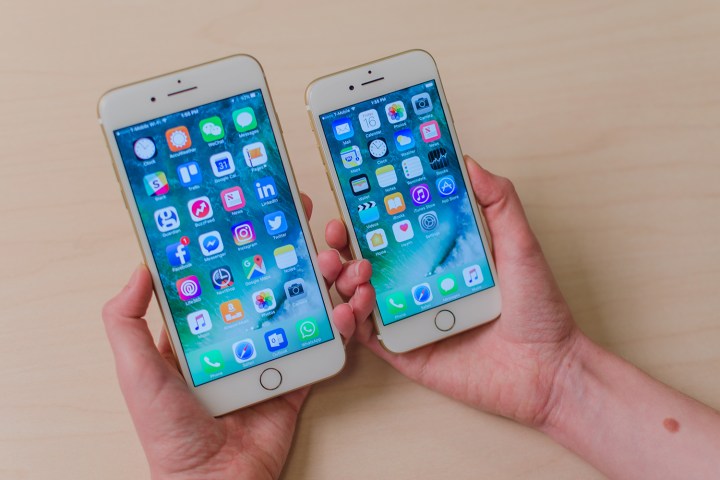
In August, the FTC released a report that implicated the likes of NTT Docomo, KDDI Corp., and Softbank Group, alleging these top carriers within Japan are inhibiting the ability of smaller competitors to compete by refusing to sell them older surplus iPhones. More specifically, the three aforementioned carriers have deals in place that have them send older, surplus iPhones to other regions.
Furthermore, they reportedly buy iPhones in bulk and sell them at a discount, which gives Apple an advantage over competitors like Samsung. For example, the iPhone 7 and Galaxy S7 Edge can be purchased through NTT Docomo without a contract for 93,960 yen ($932), but the iPhone 7’s price drops to 38,232 yen ($379) if you opt for a two-year contract. By comparison, the Galaxy S7 Edge drops to 54,432 yen ($539).
As such, regulators are also interested in taking a look at Apple’s supply agreements with NTT Docomo, KDDI Corp., and Softbank Group, even though the U.S.-based company was not named in August’s report.
According to unnamed officials, the FTC wants to put enough pressure on these carriers to eliminate any antitrust violation, even if this involves renegotiating their contracts with Apple. “We are getting closer to taking action,” said an unnamed official. All three carriers have denied any wrongdoing on their part.
It’s worth noting that Apple is already under scrutiny in Japan over its tax practices. According to the Tokyo Regional Taxation Bureau, the company underreported its income in 2014 and 2015 by sending portions of its income to Ireland, where Apple did not pay taxes on the international transaction. As a result, Japan ordered the company to pay $118 million, and Apple has since complied.
Editors' Recommendations
- Apple may release a completely new type of iPhone in 2025
- An iPhone that isn’t the iPhone 15 is selling fast in Japan
- Check your Apple Card right now — you may have a crazy 10% cash-back promo
- With the iPhone 14 in trouble, here’s how Apple can save the iPhone 15
- Apple may do the unthinkable — allow third-party iPhone app stores


